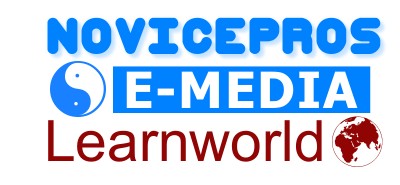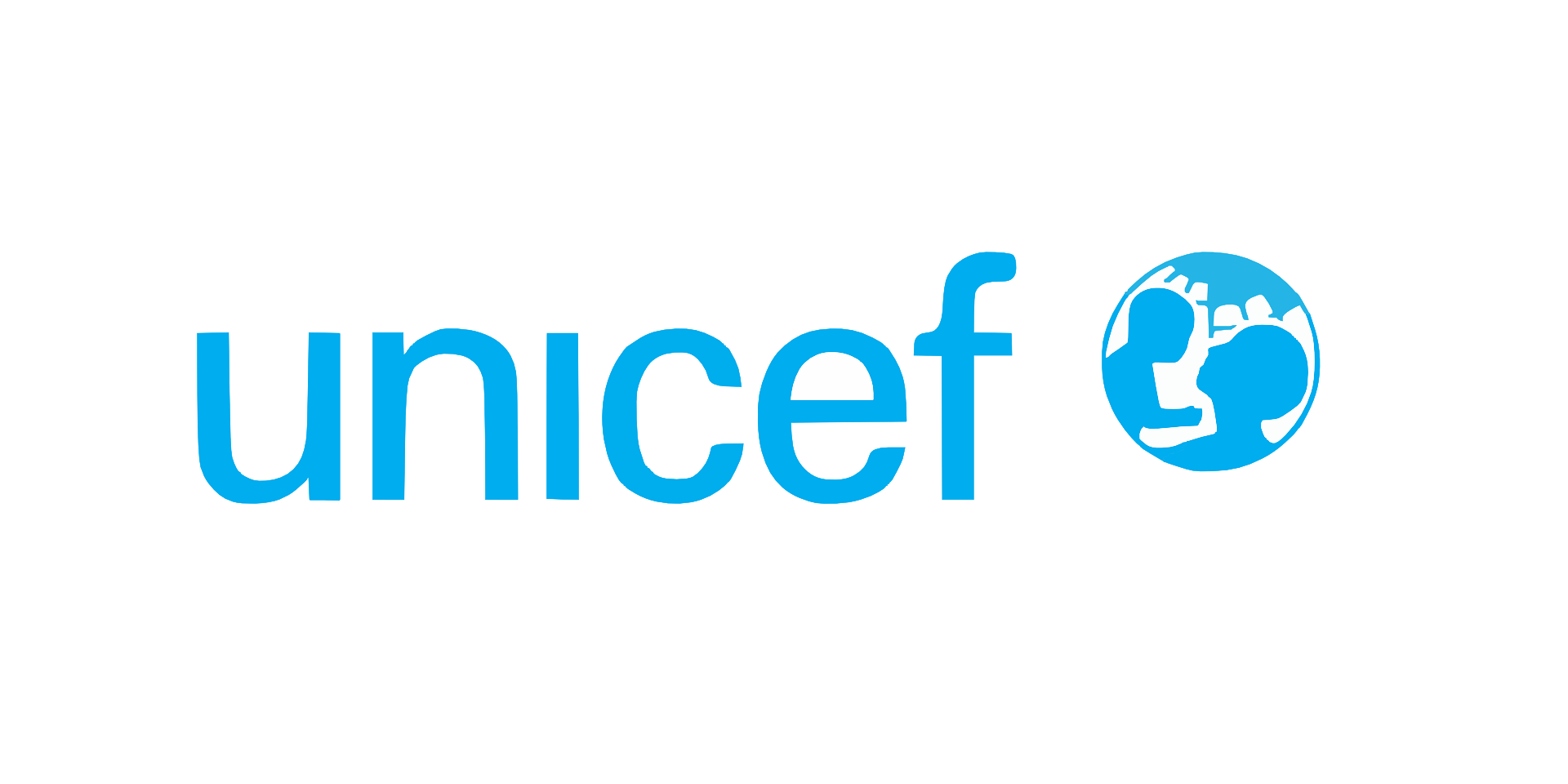Handling the end of life attract challenges that are crucial . In fact,”handling” the progression toward death, especially when a dire identification has been made, may be a highly intricate process. Each individual is often challenged in a different way.
Communication is the goal, and it must start with the physicians. In their role, physicians are tasked to bridge the chasm between life-enhancing and lifesaving maintenance they struggle to balance hopefulness. Discovering”how much information,””inside what period of time” and”with the level of directness for this particular individual” requires a skillful commitment that develops with age and experience.
A doctor’s guidance has to be highly personalized and has to consider prediction, the risks and benefits of different interventions, the patient’s symptom weight, the timeline ahead, the age and stage of life of the individual, and the standard of the patient’s care system.
It’s common for loved ones and the individual to narrowly focus on lifetime preservation when a diagnosis is made. They must deal with shock, which may give way to a intricate analysis that often intersects with guilt, regret and anger. Fear has to be managed and channeled. This stage of confusion may last some time, however a sharp decrease, results of diagnostic studies, or even even an inner consciousness indicates a transition and leads loved ones and individuals to eventually comprehend and comprehend that death is approaching.
Once acceptance arrives, end-of-life follows. Continuing denial that death is approaching just evokes the sense of control over one’s own destiny, adds stress, and compresses the timeline for these decisions.
With acceptance, the goals become quality of comfort and life for the rest of days, months or weeks. Family, hospice , physicians and health professionals can focus on analyzing the individual’s physical symptoms and defining goals. How important might it be for a person to attend a granddaughter’s wedding or see one last Christmas, and are such goals?
In order to organize a death with dignity, when the time comes we will need to admit death as part of life-an experience. Are you going to be ready?
Mike Magee, M.D., is currently a Senior Fellow in the Humanities to the World Medical Association, director of the Pfizer Medical Humanities Initiative, also sponsor of the weekly Web cast”Health Politics with Dr. Mike Magee.”








Customer Reviews
Thanks for submitting your comment!